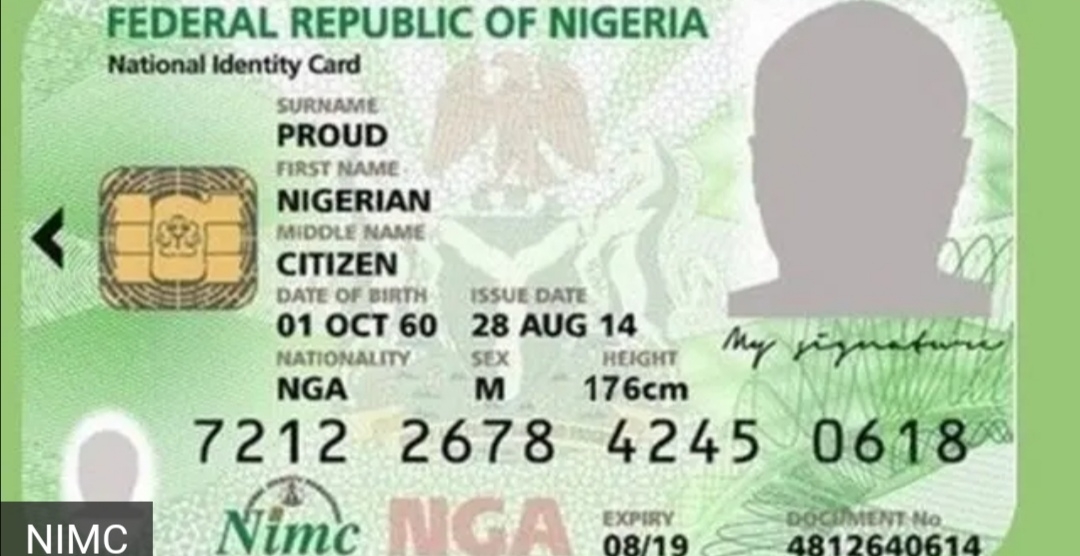
When one hears of KGB, the first setting that comes to mind
is old Russia. The setting of the Kingdom of God Bible (KGB) Church is however,
Foron Village in Barkin Ladi, Plateau State, Nigeria. The church was, arguably
founded by late John Wash Pam, sidekick to Joseph Wayas at the Senate during
the Second Republic between 1979 and 1984.
Sometimes in the mid nineties, the KGB church started at the
Geosciences Auditorium Anglo-D in Bukuru, Jos-South, Nigeria. Two men, that
included the late Senator and another man of comparative obscurity named Dung
Kassa, came together and founded the church. Kassa was the church’s spiritual
leader while Senator Pam appeared to be the financial backer.
Senator Pam was
mostly in Abuja, working at the Presidency under the administration of late
General Sani Abacha. He, nonetheless, came around every weekend, making sure he
worshipped at the church. As the saying goes, “the harder they come, the harder
they fail.” General Abacha died suddenly. The ripples of his death changed so
many things, with Senator Pam’s stint at the presidency ending. He,
subsequently and permanently, returned to Jos.
Members of the church’s congregation were either Pam’s
relations who often traveled from Foron, political allies or loyalists, or
persons who just wanted to sit under the same roof with the senator and,
perhaps, enjoy his oratory. With time, the senator decided to start a new
branch in his Foron village to make things easy for his poor kinsmen. The Foron
branch was meant to be the head branch. Things started getting out of hand when
it became clear that Kassa was not going to head the main branch. The Senator
brought a young and more educated man by the name of Andrew Dido to head it.
Kassa then abandoned the branch he was in-charged of and started a completely
new church by the name of The Triumphant Christian Bible Church.
The Triumphant Christian Bible church is located somewhere
between the Fire Service and D. B. Zang junction, along the Bukuru Expressway.
When I visited the branch, it was a half-done kind of building: just walls, no
roofing. Inside of it however, a small shade of corrugated iron sheets resting
on wooden pillars stood at the far end of the open building. I did go there a
second time, on a Sunday and, indeed, confirmed that people do worship in the
uncompleted building. The congregation was in the neighborhood of about a dozen
worshippers.
On September 7th, 2014, I traveled to Foron and worshipped
at the KGB Church. It was a small but decent building at the road diversion
leading to Government College Foron. The size of the congregation of less than
seventy showed that, though still small, it was far ahead of the Triumphant
Christian Bible Church. There was glittering music band equipment to the right
side of the pulpit and the floor was rugged from wall to wall. It had an uncommon sitting format that saw
men sitting face-to-face to the women. Between them was a narrow space that led
to the pulpit. Members speak in tongues and their destinies could be revealed
to the church spiritual leaders who often approached the members and reveal
such destinies during a special prayer session.
The pastor, a Togolese by the name of Josue Tosa, led
events. He preached on symbols of the
word of god. He who spoke with an accent I thought was southern Nigerian,
wore an old dull-white Chinese jacket that appeared well laundered.
It seems the founding of the KGB Church may have been,
merely, to serve the personal needs and conveniences of The Senator. He was
raised in the Church of Christ in Nigeria but as his life evolved however, he
found himself getting ex-communicated by the church over his sudden decision to
embrace polygamy. The wanton hubris usually common of wealthy and powerful
people may have led him to feel insulted and subsequently chose to tow the line
of British King Henry VIII by starting the KGB Church to accommodate his private
interests.
Relocating the church from the urban Bukuru to rural Foron
may be an indication the church hasn’t got any ambition of growing by the
capture of a huge congregation. Also, it
is difficult to see how the scanty and poor rural laity of less than seventy
mixes of men, women and children can raise enough money to sustain the fairly
ostentatious life of Pastor Tosa. The
indication is that Tosa is more or less a staff in the late Senator’s personal
payroll rather than the payroll of the church.
It is pertinent to note that the late Senator’s youngest
widow hails from Edo State in the south of the country. Edo happened to be the
home of the earliest Nigerian liberal preachers, preaching prosperity, with
defiance. Among some of these preachers was late Archbishop Benson Idahosa, founder
of the Church of God Mission International. There is, also, Pastor Chris
Oyakhilome of Christ Embassy.
As a young corps member in Benin back in 1993, I worshipped
at the Church of God Mission International along Adesua Grammar School Road. It
wasn’t a place for poor people and it was common to hear prayer lines like
“give us the good things of life like air conditioners in our homes, BMW cars,
huge pieces of meat in our meals - rather than the tiny pieces that are
reminiscent of poverty…” Senior ministers of the church were highly educated
and financially successful.
Liberal protestant churches are now all across Nigeria and
pull huge populations of members. The phase of liberal Protestantism that is
advance for the comparatively conservative Plateau Christian is however, doing
away with monogamy. This is very aspect of the history of the KGB Church that
inhibits its growth.






